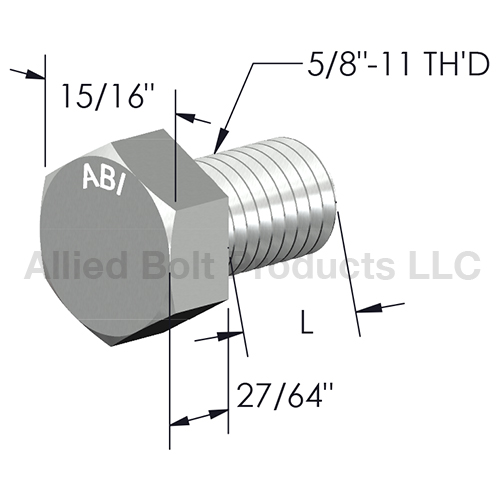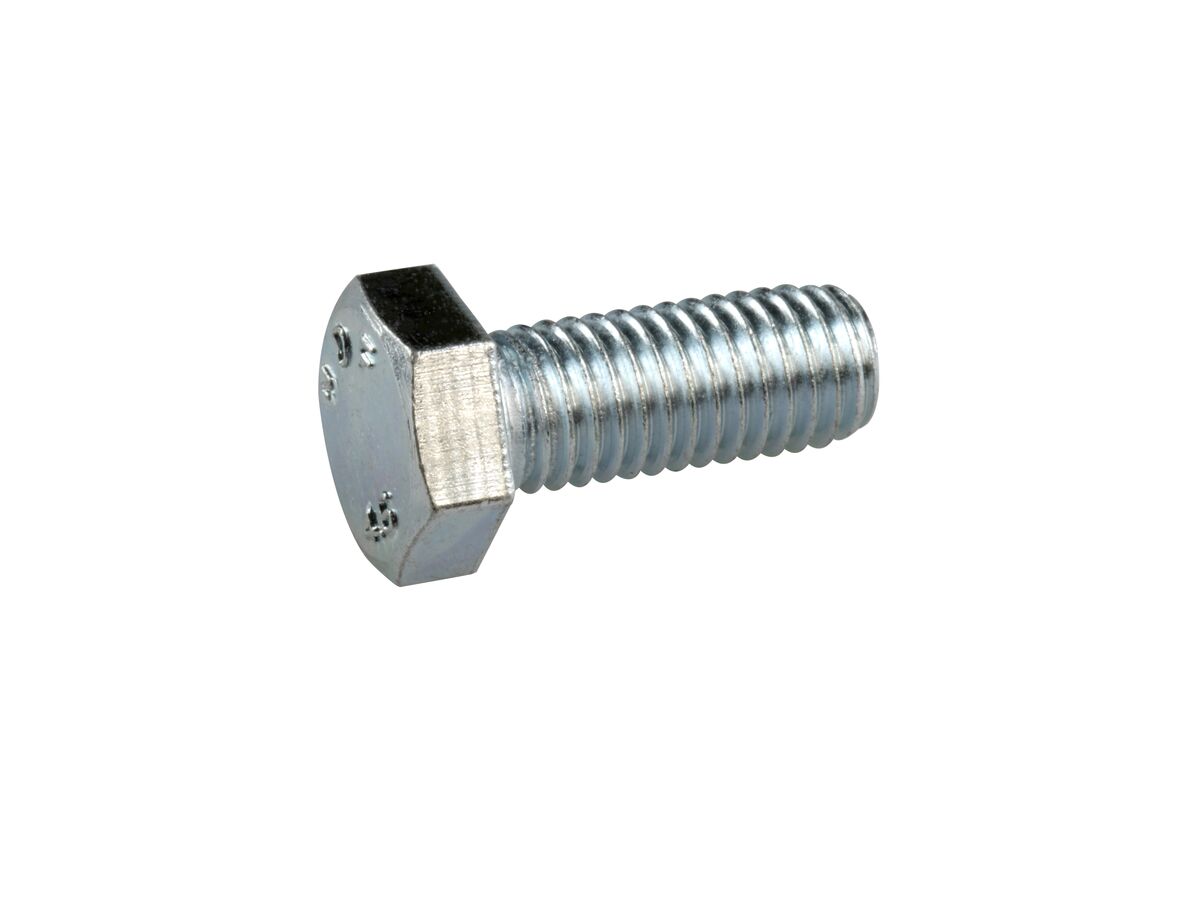
The iron or steel object is coated in a thin layer of zinc. This is accomplished through hot-dip galvanizing or electroplating. Corrosion resistant qualities in stainless steels are directly tied to their chromium and nickel content - more of these elements correlate with increased resistance. Stainless steel alloys are renowned for the corrosion-resistance, ductility, and high strength. What is the most corrosion resistant metal?ġ. While zinc plated bolts and nuts are considered resistant to corrosion and have a number of suitable applications outdoors and within the industrial sphere, zinc plated nuts are not suitable for use in marine environments or in environments where humidity is higher than average.


Are zinc plated bolts good for outdoor use? … If exposed to excessive moisture, especially saltwater, galvanized steel staples may rust over time. Galvanized steel staples are made of steel and then coated with a layer of zinc to help guard against general corrosion. Stainless steel is much stronger than plain steel hotdip galvanized. Stainless steel lasts much longer than galvanized steel, so when the longevity of the building project is of importance, using stainless steel is recommended. What lasts longer galvanized or stainless steel? … As a protective barrier, a galvanized coating weathers at a slow rate and can easily provide corrosion protection for over 60 years, maintenance free. Is Galvanised steel weatherproof?Ī galvanized coating provides a physical barrier which is metallurgically bonded, and prevents the underlying steel from being exposed to atmospheric conditions. Some of the most common galvanized items we produce are components used to mount solar panels to commercial building roofs. The more zinc you put on, the better protection you will get! Galvanized steel is by far the most affordable on this list, which is why it remains so widely used outdoors. … The corrosion resistance of zinc coatings is determined primarily by the thickness of the coating but varies with the severity of environmental conditions.

The corrosion resistance of hot-dip galvanizing varies according to its surroundings but generally corrodes at a rate of 1/30 of bare steel in the same environment. Platinum and gold are highly non-reactive, and although silver can tarnish, it is fairly corrosion-resistant and relatively affordable by comparison. Known as the precious metals, platinum, gold and silver are all pure metals, therefore they contain no iron and cannot rust. Stainless Steel (some grades) Galvanized Steel. Does galvanized aluminum rust?Ĭommon metals that don’t rust include: Aluminum. One of the ways in which galvanizing protects steel from corrosion is by the development of a thin barrier film of insoluble zinc corrosion products (known as a patina) on the outer surface of the galvanized steel through exposure to the atmosphere. How do you keep galvanized steel from rusting? … In general, galvanised steel is less expensive than stainless steel. Galvanised steel’s defining attribute is its layer of zinc coating, which forms a protective layer against the combination of moisture and oxygen that can otherwise cause rust to form on the underlying metal. This protects the rest of the nail from corrosion. Copper produces a copper oxide patina that you can recognize by its greenish tint. When builders or homeowners are serious about finding nails, screws, and bolts that won’t rust, copper or stainless steel fasteners are often recommended.

It is not uncommon for galvanized steel to last more than 70 years under certain conditions. Hot-dip galvanized steel resists corrosion in numerous environments extremely well. Although humidity affects corrosion, temperature itself has less of an impact. The zinc coating of hot-dipped galvanized steel will last in the harshest soil is 35 to 50 years and in less corrosive soil 75 years or more.


 0 kommentar(er)
0 kommentar(er)
